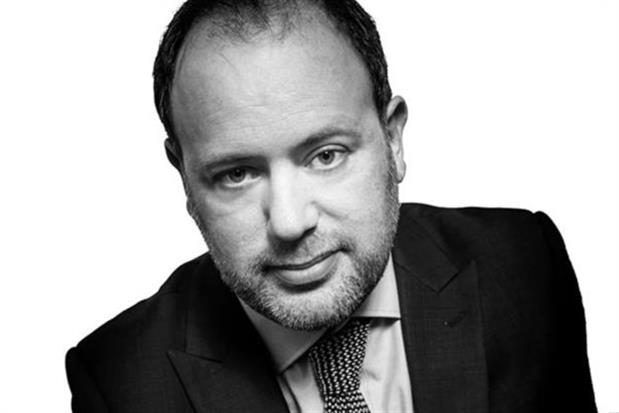Adam Smith, futures director at Group M, Britain’s biggest media buyer, said brands will "invest less" because of the uncertainty, but maintained it will be "a difference of degree, not magnitude".
He declined to issue a revised forecast for 2016 UK ad revenues at this stage because it would be "speculation".
However, he suggested traditional media such as print and TV would be likely to bear the brunt as internet advertising continue to enjoy "forward momentum".
WPP’s media investment arm last week forecast 6.3% growth in 2016 for UK media spend – prior to the Brexit vote result – and warned then that revenue growth had already slowed slightly since the start of the year, because of the uncertainty surrounding the referendum.
Despite two days of stock market and currency turmoil since the vote result on Friday morning, Smith said: "Group M forecasts that the UK faces no new economic catastrophe in the wake of the EU referendum – the new uncertainty is principally administrative and political rather than economic.
"In the short run – say the next six months to a year – it is likely companies will invest less than if we had voted to remain. Job creation, wage growth and productivity will be lower than they would otherwise have been. This is a difference of degree, not magnitude.
"In the UK, print media trading has become increasingly short-term. TV trading has always been based on share, not volume, so TV market 'visibility' is poor in any case. Radio, out-of-home and cinema are much smaller and correspondingly more vulnerable to ad cancellation.
"Only digital media carry the forward momentum of 'structural' growth, meaning a strong prospect of above-average ad growth and thus market share gains independent of the economic cycle.
"Our present UK ad forecast, issued before the referendum, called for 6% growth in total ad investment in 2016. In the introduction we remark 'If we stress-test this with TV hypothetically flat and print display hypothetically down 20%, growth would still be 5%.' If we additionally hypothetically suppress radio, outdoor and cinema to zero, leaving growth entirely dependent on digital, it would still be 4.5%.
"In the absence of actual recession, we feel that there is no need to stretch this speculation any further."
(This article first appeared on CampaignLive.co.uk.)




